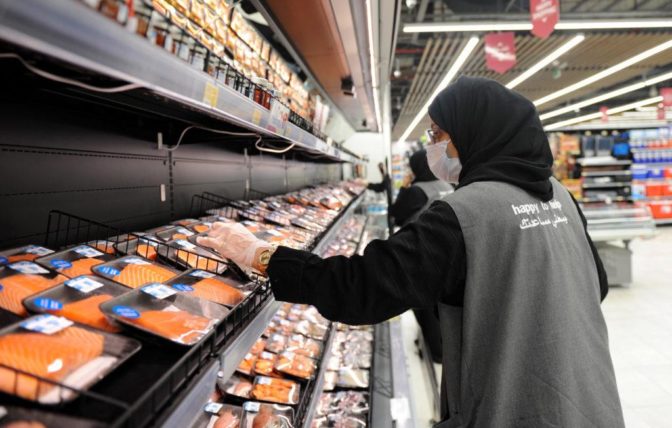
 "
"

 "
"

A duo of workshops is set to take place in the Brazilian state of Mato Grosso do Sul, specifically in the cities of Campo Grande and Dourados. These workshops are designed to educate food and beverage producers on the intricacies of exporting to nations adhering to Muslim customs. Jointly organized by the Arab Brazilian Chamber of Commerce (ABCC) and the Brazilian Trade and Investment Promotion Agency (ApexBrasil), these events aim to empower businesses.
The seminar in Campo Grande is scheduled to be held within the premises of the Federation of Industries of the State of Mato Grosso do Sul (FIEMS), commencing at 8:30 AMT on August 15. Simultaneously, the Dourados event is planned for August 17, starting at 8:30 AMT, and will unfold in the auditorium of the Commercial and Business Association.
These seminars constitute integral components of the larger framework known as the Halal Brazil initiative, a collaborative effort between ABCC and ApexBrasil. The project is conceived to amplify the export potential of value-added food and beverage products carrying halal certification.
Silvana Gomes, the Director of Marketing & Content at ABCC, emphasized, “Brazil already serves as a vital food supplier to these nations.” She elucidated further, “We proudly rank as the world’s leading exporter of halal animal protein. Nevertheless, our exports have remained primarily centered around essential staples such as animal protein, sugar, and grains.”
Gomes articulated that one pivotal factor contributing to the limited scope of value-added food and beverage exports to Muslim nations is the shortage of products holding halal certification. This certification substantiates adherence to Islamic cultural and religious precepts in production practices.
The workshops in Mato Grosso do Sul are poised to underline the indispensable role that certification plays in accessing Islamic markets. Remarkably, the food and beverage sectors alone yield a staggering annual global revenue of approximately USD 1.267 trillion within these markets. The events will also provide an exhaustive overview of the Halal Brazil initiative’s endeavors, including plans to channel around BRL 15 million (equivalent to approximately USD 3.05 million) into overseas commercial promotion initiatives. Additionally, support in the form of subsidies will be extended to enterprises seeking their inaugural halal certification.